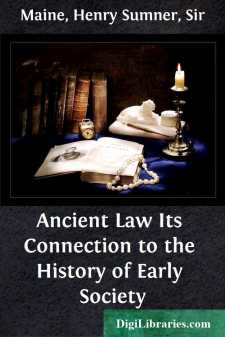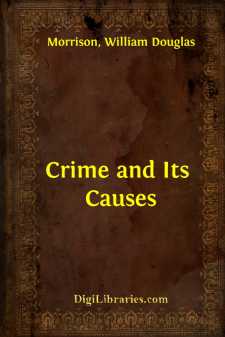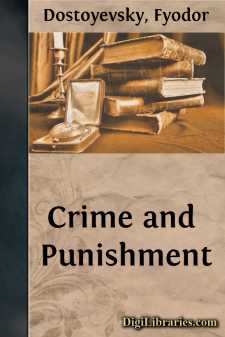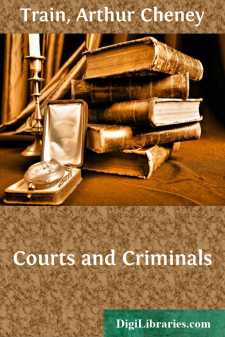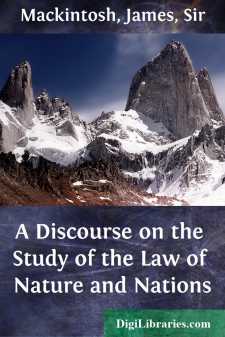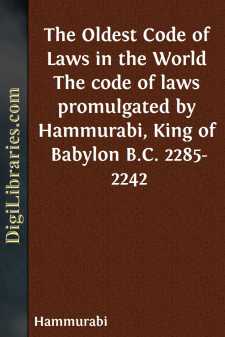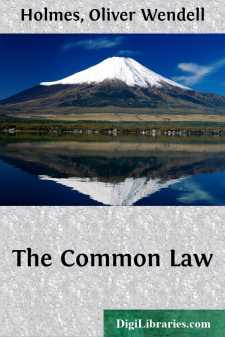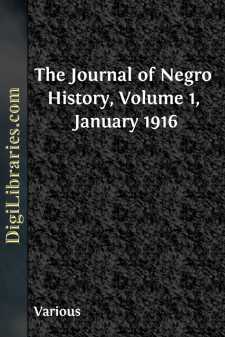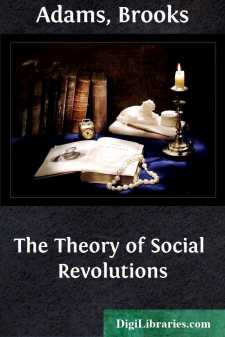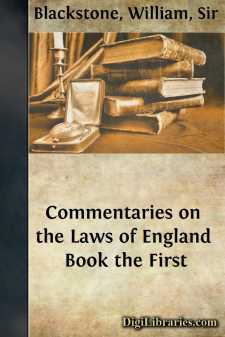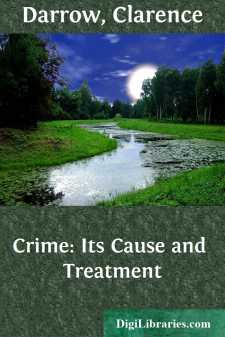Categories
- Antiques & Collectibles 13
- Architecture 36
- Art 48
- Bibles 22
- Biography & Autobiography 813
- Body, Mind & Spirit 142
- Business & Economics 28
- Children's Books 17
- Children's Fiction 14
- Computers 4
- Cooking 94
- Crafts & Hobbies 4
- Drama 346
- Education 46
- Family & Relationships 57
- Fiction 11829
- Games 19
- Gardening 17
- Health & Fitness 34
- History 1377
- House & Home 1
- Humor 147
- Juvenile Fiction 1873
- Juvenile Nonfiction 202
- Language Arts & Disciplines 88
- Law 16
- Literary Collections 686
- Literary Criticism 179
- Mathematics 13
- Medical 41
- Music 40
- Nature 179
- Non-Classifiable 1768
- Performing Arts 7
- Periodicals 1453
- Philosophy 64
- Photography 2
- Poetry 896
- Political Science 203
- Psychology 42
- Reference 154
- Religion 513
- Science 126
- Self-Help 84
- Social Science 81
- Sports & Recreation 34
- Study Aids 3
- Technology & Engineering 59
- Transportation 23
- Travel 463
- True Crime 29
Ancient Law Its Connection to the History of Early Society
Description:
Excerpt
INTRODUCTION
No one who is interested in the growth of human ideas or the origins of human society can afford to neglect Maine's Ancient Law. Published some fifty-six years ago it immediately took rank as a classic, and its epoch-making influence may not unfitly be compared to that exercised by Darwin's Origin of Species. The revolution effected by the latter in the study of biology was hardly more remarkable than that effected by Maine's brilliant treatise in the study of early institutions. Well does one of Maine's latest and most learned commentators say of his work that "he did nothing less than create the natural history of law." This is only another way of saying that he demonstrated that our legal conceptions—using that term in its largest sense to include social and political institutions—are as much the product of historical development as biological organisms are the outcome of evolution. This was a new departure, inasmuch as the school of jurists, represented by Bentham and Austin, and of political philosophers, headed by Hobbes, Locke, and their nineteenth-century disciples, had approached the study of law and political society almost entirely from an unhistoric point of view and had substituted dogmatism for historical investigation. They had read history, so far as they troubled to read it at all, "backwards," and had invested early man and early society with conceptions which, as a matter of fact, are themselves historical products. The jurists, for example, had in their analysis of legal sovereignty postulated the commands of a supreme lawgiver by simply ignoring the fact that, in point of time, custom precedes legislation and that early law is, to use Maine's own phrase, "a habit" and not a conscious exercise of the volition of a lawgiver or a legislature. The political philosophers, similarly, had sought the origin of political society in a "state of nature"—humane, according to Locke and Rousseau, barbarous, according to Hobbes—in which men freely subscribed to an "original contract" whereby each submitted to the will of all. It was not difficult to show, as Maine has done, that contract—i.e. the recognition of a mutual agreement as binding upon the parties who make it—is a conception which comes very late to the human mind. But Maine's work covers much wider ground than this. It may be summed up by saying that he shows that early society, so far as we have any recognisable legal traces of it, begins with the group, not with the individual.
This group was, according to Maine's theory, the Family—that is to say the Family as resting upon the patriarchal power of the father to whom all its members, wife, sons, daughters, and slaves, were absolutely subject. This, the central feature of Maine's speculation, is worked out with infinite suggestiveness and great felicity of style in chapter V. ("Primitive Society and Ancient Law") of the present work, and his chief illustrations are sought in the history of Roman law. The topics of the other chapters are selected largely with a view to supplying confirmation of the theory in question and, as we shall see in a moment, Maine's later works do but serve to carry the train of reasoning a step further by the use of the Comparative Method in invoking evidence from other sources, notably from Irish and Hindu Law....


